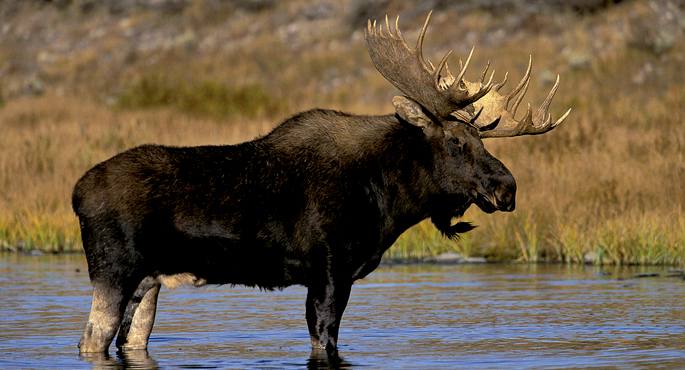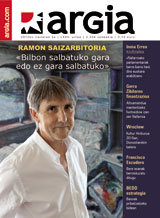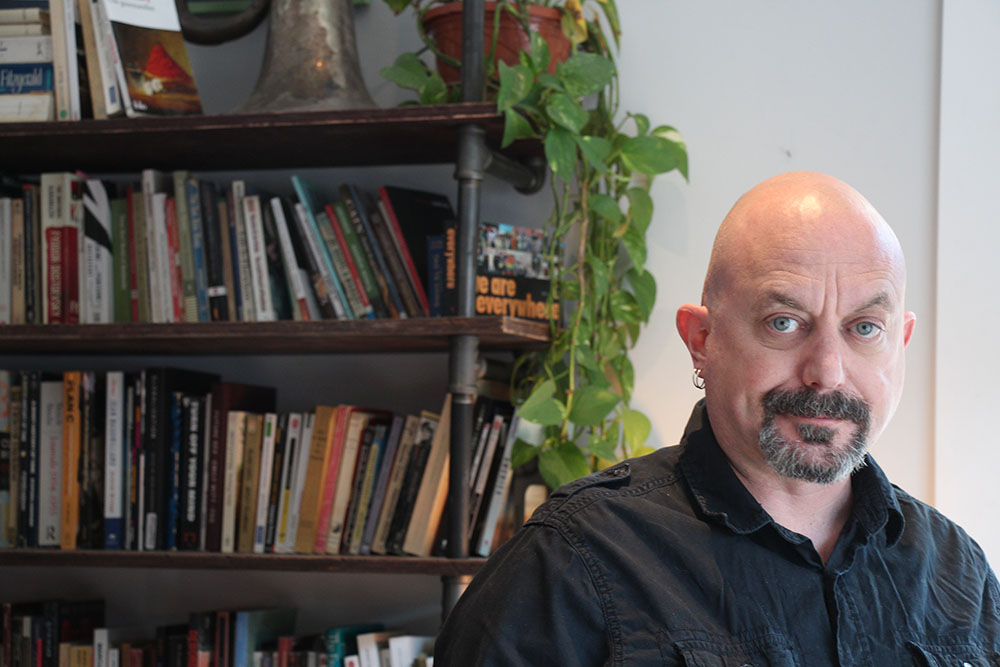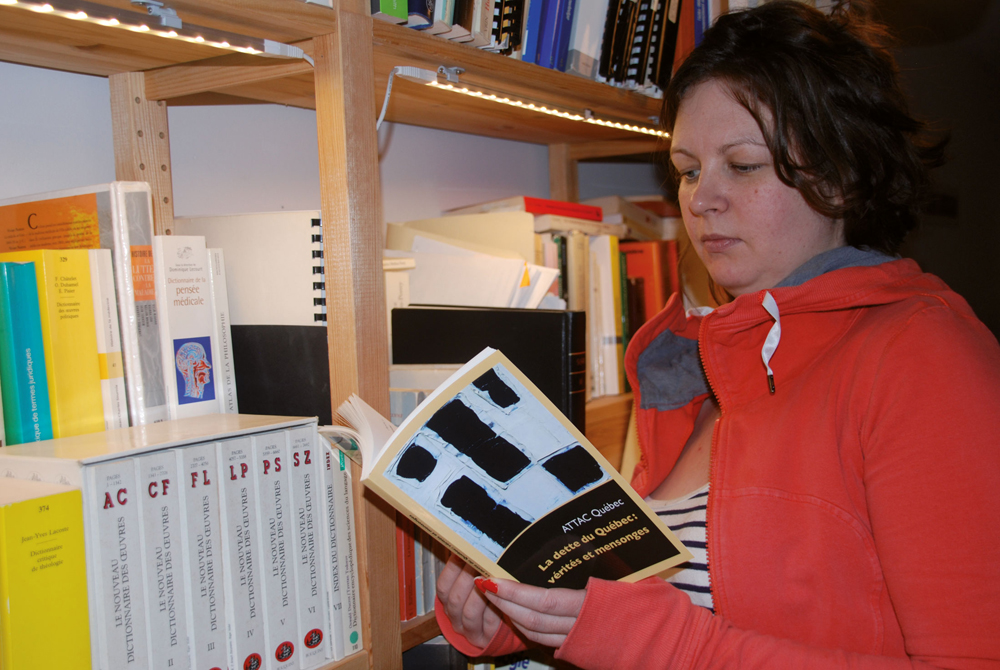Orignal, Canadian Basque deer

L’Orignal (Ontario, current Canada), 1674. He gave a letter to the king of France, Louis XIV.ak, to the small town bordering the Ottawa River. In this way, the Basque name of this people of New France became official and today, although it belongs to the municipality of Champlain, it is called a village of some 2,000 inhabitants. Originally, deer herds traversed the Ottawa River in this area, so the French gave the name Pointe à l’Orignal (Oreinaren gunea).
Basque fishermen began fishing whales and cod in the sardinies of Newfoundland in the first half of the sixteenth century. Despite the fact that the ice had returned home in winter, provisional locations were established on the east coast of North America to dry cod and prepare whale oil, much appreciated in Europe. French settlers such as Samuel de Champlain or Marc Lescarbot assured that the Basques, in general, had good relations with their inhabitants and that the French took advantage of the knowledge of the Basques to conquer those cold coasts. The interests of Basque fishermen were limited to the sea, so they did not leave any big traces: half a dozen helmets, ceramic articles, bones, remains of red tiles have been found...
The Basques found in these territories the highest in the world, the Alces alces. And the large branch deer, of course, they called it a deer.
In the decades 1550 to 1580, the activity of Basque fishermen reached its peak. But from that moment on, the voyages through the Atlantic began to descend, for various reasons: the whales began to decrease the population; taking advantage of the fact that in the old continent Spain and France were in a war with each other, the British and the Dutch began to take over these waters; as New France was strengthened, the Basques of the South found fewer and fewer places; and, seeing the intentions of the new colonizers, began to turn.
As has been said, the Basques left with little traces, but the new settlers would say to him as the Basque deer: the deer, which would become orignal. And today they still say it in French Canada and in Québec.
“– Elebitasuna hizkuntza ahulena desagertuta bukatzen al da?
Bere... [+]
Urriaren amaieran edo azaroaren hasieran joan ginen Lehendakaria eta biok , bakoitza bere aldetik, Kanadara. Lehendakaria Quebecera, lehen ministroarekin biltzeko. Ni Ottawara, Quebecetik at bizi diren frantses hiztunen komunitatearen osasun arloko jardunaldietara.
Problematika ugariri buruz hitz egiteko elkargune izan da Montreal Munduko Foro Sozialari esker. Abuztuaren 9tik 14ra bitartean gertatutakoaren lagin bat da eskaintzen dizuegun argazki bilduma hau.
MFSaren hamabigarren edizioaren balorapen baikorra egin dute antolatzaileek, ehun ekimenez gorako ekintza plangintza adostu dutela zehaztuz. Hegoko herrien ahotsa ez da ordea espero zuten bezainbat entzun; Kanadak bisa-eskaerak ukaturik, parte hartzaileen %60k baino gehiagok... [+]
2016an Quebec-en egindako Munduko Foro Sozialeko manifestazioko une bat.
Quebec-eko jatorrizko herriek protagonismoa izan dute Munduko Foro Sozialean. Uneak badu garrantzia, diskriminazio handia pairatzen duen kolektiboa dela kontuan izanda.





















